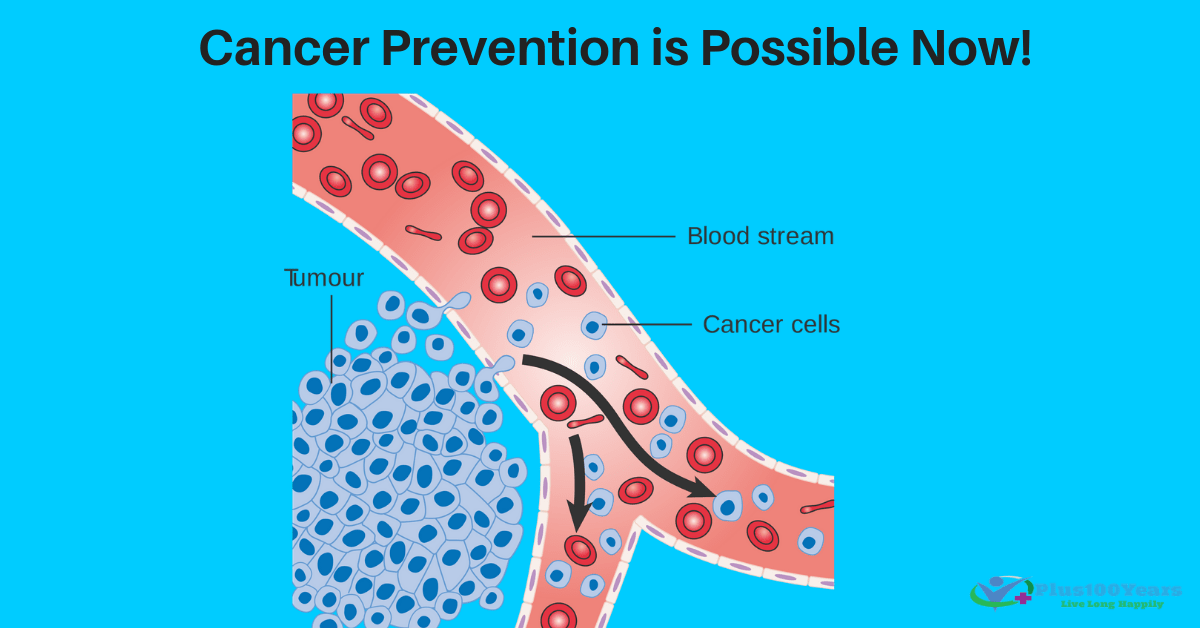Updated: 03-05-2025
What are Carcinogens?
When the genetic blueprint or the cells of the DNA change, it leads to the development of cancer.
Many times, such changes are inherited through parents, while in most cases, exposure to the external environment and surroundings can lead to the formation of cancerous cells in the body.
Some such environmental factors that can form carcinogens include:
- Lifestyle (use of tobacco, lack of nutrition, physical activity)
- Exposure to natural components such as infectious agents, ultraviolet light, radon gas, and more
- Medical treatments such as hormone drugs, immunosuppressing drugs, chemotherapy, etc.
- Household exposures
- Workplace exposures
- Pollution Exposures
and substances that ultimately lead to the development of cancer are known as carcinogens.
The carcinogens can affect the DNA directly or indirectly.
For example, in rare cases, cells divide much faster than the normal rate, due to which the DNA changes quickly, promoting the development of cancerous cells.
Do Carcinogens Lead to Cancer?
Each carcinogen has a varying capacity to cause cancer.
Hence, not all the substances that come under the bracket of carcinogens lead to cancer.
Some carcinogens cause cancer after a delayed period or only on high exposure.
Again, the chances of cancer development also depend upon other factors such as how the person is exposed to the carcinogen, the intensity and duration of exposure, and the genetic makeup and immunity level of the person.
Which are the carcinogenic foods?
Unlike popular belief, only unhealthy habits do not cause cancer.
Even regular foods that come under the bracket of healthy food options can contain carcinogenic agents.
The use of artificial substances, chemicals, and additives to increase the shelf life of foods and for flavouring can make these foods dangerous to life.
Here are some of the carcinogenic foods
- Non-organic fruit and vegetables
- Processed meats
- Genetically modified produce
- Refined carbohydrates
- Soda
- Breakfast cereals
- Microwave Popcorn
- Diet Colas/Artificially Sweetened Drinks
- Canned Tomatoes
- Farmed-Raised Salmon
- Potato Chips
- Cured Food
- Peanut
We welcome your comments on this post


